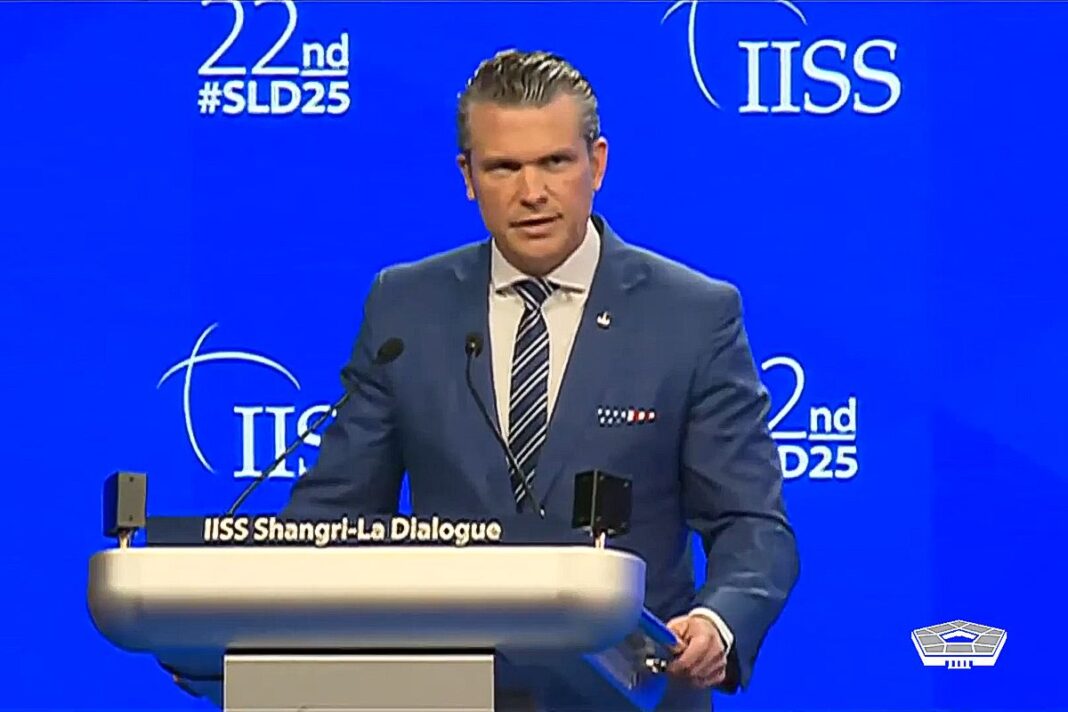AI companions, however enticing, are like offering someone who is cold a video of a warm fire rather than matches and timber.
Science fiction prepared us for AI friends through films like “Her” and “Robot & Frank.” Now, that fictional portrayal is becoming a reality.
In a recent podcast, Mark Zuckerberg proposed and endorsed the idea that Americans are in dire need of social connection, and that bots could fill the need.
AI companions are designed to feel comforting, have unfailing patience, and have no needs of their own. However, “It’s not so simple as saying a companion chatbot will solve the loneliness epidemic,” Princeton researcher Rose Guingrich told The Epoch Times. Instead, AI tools risk undermining the very social skills they purport to support.
Silicon Valley’s Promised Panacea
Nearly half of Americans have three or fewer close friends. Tech’s solution to the human loneliness problem is to offer AI companions—digital friends, therapists, or even romantic partners programmed to simulate conversation, empathy, and understanding. Unlike the clunky chatbots of yesteryear, today’s sophisticated systems are built on large language models that engage in seemingly natural dialogue, track your preferences, and respond with apparent emotional intelligence.
Early usage patterns reflect why AI “companions” are gaining appeal. A 2024 MIT Media Lab survey found that the majority of users engage out of curiosity or entertainment. However, 12 percent of respondents said they sought relief from loneliness, while 14 percent wanted to discuss personal issues that might feel too risky to share with human counterparts.
“I sometime[s] feel lonely and just want to be left alone,” one user reported. “During this time I like chatting with my AI companion because I feel safe and won’t … be judged for the inadequate decisions I have made.”
Meanwhile, other users have more quotidian motivations for using bots—chatting with AI for dinner ideas or developing writing ideas.
Kelly Merrill, an assistant professor of health communication and technology and researcher on AI interactions, shared an example of an older woman in his community who started using AI for basic things. For example, “I have these six ingredients in my fridge. What can I make tonight for dinner?” “She was just blown away,” Merrill told The Epoch Times. For sure, there are benefits, he said, but it’s not all positive.







